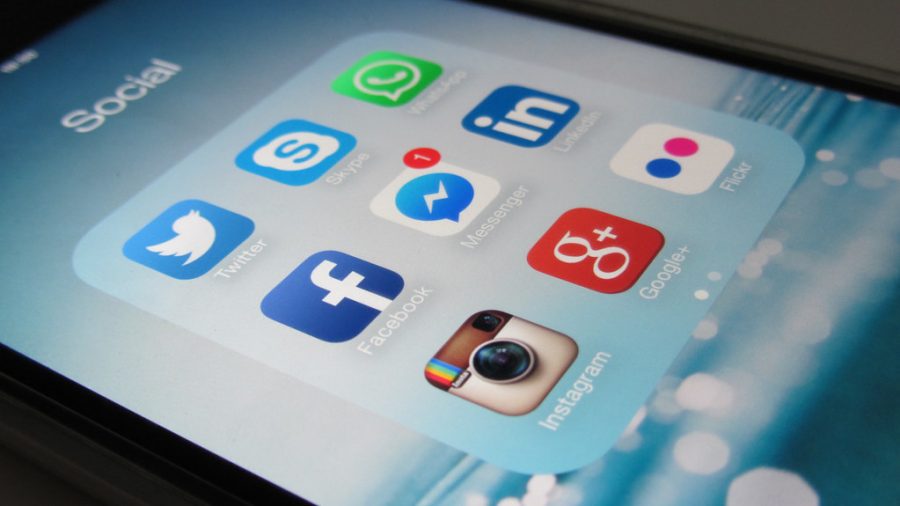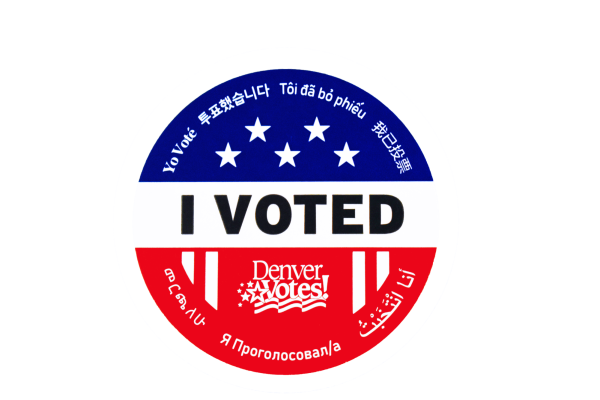Social Media: Friend or Foe for your Mental Health?
Social media has been a defining factor in teen lives for the past decade. It has become a staple of teen culture and social lives. Made to be addictive, it’s no wonder why so many teens use apps such as Instagram, Snapchat, and Twitter. The Pew Research Center reports that 71 percent of teens say they use more than one social media site.
While social media has been on the incline, mental health among young adults has been on the decline. It is not fair to assume it is a direct correlation, but the statistics are worth a second look. Psychology professor at San Diego State University found that teens who spend 5 or more hours a day online were 71% more likely to have at least one risk factor for suicide compared to teens who spend only 1 hour a day online.
Mental health and its correlation with social media, is a point of importance for teens today. That means evaluating your own social media habits to see if or how it affects your emotional health. Dissecting how it affects our own self image and sense of worth. As a daily part of our life, it is vital to evaluate and dissect what can be beneficial and detrimental to our mental health.
Social media can have many positive effects on our daily life. It allows us to connect with our family, friends, and community in easy ways. Personally, it allows me to be in the loop about the lives of my cousins overseas without much effort on my part. Social media allows for users to display their creative projects and ventures to a much larger audience. Likewise, other users can discover new ideas and outlooks they would not be exposed to otherwise. There’s no denying that social media can be helpful and a nice distraction, but there is more than what meets the eye.
It’s no secret that social media is not perfect. The most common and talked about risk of social media is the cyberbullying or online harassment that can ensue. The correlation between bullying and mental health is a no brainer. There are those who use social media as a medium to harass others on a frequent basis. Another downside is very specific to one social media platform, Instagram. We are often reminded that what we see on Instagram is not real-life. It is glamorized version of one’s life. Almost everyone is guilty of this, myself included. Still it is important to consider how realistic it is or it not.
You hear of some people going on a type of ‘social media detox’ by deleting all social media for a specific period of time. A break from social media can be positive, but it’s not perfect. It can be compared to a crash diet. As easy as it seems, it is not sustainable. Social media can be a very consuming thing, something we need to control.
Limiting the amount of negative effects of social media is as easy as limiting your screen time daily. Trying to make sure your screen time on social media does not exceed your amount of time on real-life activities. There are many easy ways of doing this. From iphones now being able to track your screen time on social media, to Instagram displaying your activity and being able to set reminders to stop.
Social media can be a blessing and a curse, but must be used wisely. Limiting time on social media, while a nuisance, can be valuable to mental health. Prioritizing one’s mental health is vital, applying it to all parts of our lives. Being such a big part of all our lives, it is necessary to monitor what affects our mental health. A healthy relationship social media is beneficial to a clear, happy mind. Our lives are forever changing and altering, so we cannot always control what affects our mental health. But the things we can control, like social media, can make a significant difference.

Leanna Marcus is a senior and now the Editor in Chief of the Arapahoe Xtra/Spear. When's she's not writing for the website, Leanna can be found feeding...










